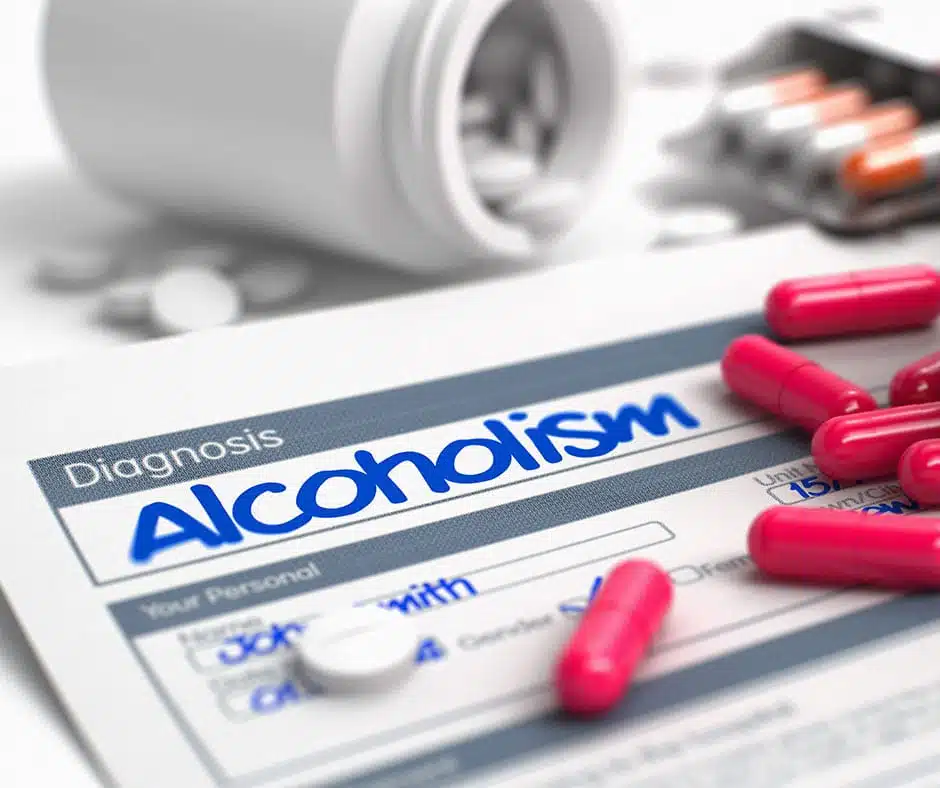Being an addict isn’t easy. We bend over backward to acquire that next drink or drug, reorganize our lives to suit our addiction better, and slowly deteriorate all while living in our temporary solution; using drugs or alcohol. Sometimes it takes hitting bottom multiple times to realize that we have a problem, and our solution can no longer be drinking or drugging. For others, it comes in less time. However, what happens when we get sober?
Finding Solutions to Underlying Issues
Removing drugs and alcohol from our system doesn’t mean that it addresses the underlying issues that drove us to use. It merely means that we have diverted our attention to working on ourselves, utilizing a twelve-step program, a rehabilitation facility, or other various facets of self-help. In taking away the substances that used to be our solution, we are forced to look at deeper issues; issues that have created the dark places to which we crawl. Addiction has many forms. Gambling, sex, drinking, drugs, and the list goes on.
What gets us into those habits? And what happens when you take away the substance? When we take away when we’ve depended on to make us feel better, we have to face ourselves and a whole lot of feelings. These feelings can be uncomfortable to sit in and work through. It is highly encouraged in the recovery community to vocalize feelings and participate in group therapy and work toward a universal solution. New habits replace old ones. Some people may stop drinking and excessively go to the gym. Some people may become addicted to caffeine, or nicotine. Habits never really go away, they are merely replaced with new actions, the addictive behavior remains the same. As I’ve grown in my recovery, I’ve noticed that my depression has slowly started sinking back in. Why does this happen?
Symptoms of Sobriety
The root of depression is deep-seated. It’s malevolent and cryptic. Some of us think that once we get sober, things are supposed to be great; life ought to be cheerful and carefree once again. That’s not the case for everyone. In our use, there was a lot of damage created, “the wreckage of our past.” We search for solutions. We may be experiencing a few symptoms of what we call being a “dry drunk” they are as follows:
- Resentment, defined as “bitter indignation at being mistreated. Resentment is the foundation of hate. Resentment can be inwardly directed or outwardly directed. There can even be resentment towards specific situations and the act itself of becoming sober.
- Frustration and irritability at a higher level than usual. One may find themselves angry at the circumstances in which they realize they can never drink normally for the rest of their lives. This frustration diminishes with time, patience and experience.
- Failure to find motivation. It’s easy to stay stuck once depression hits, what’s difficult is talking about it and moving through the process. Some may feel like they are unable to attain the things they once dreamed.
- Inability to accept responsibility for the damage done. It takes a lot for a person to own up to their past actions and to have the courage to want to make things right again.
- Fear. Once we sort through our emotional baggage, it is easy to see that fear is the root of many of our problems. The scary part is facing those fears and walking through the discomfort.
- Jealousy. Envy also ties in with resentments but can come up with consistently comparing oneself to others in the program. Everyone has their own pace while getting sober; it’s more important to find your own rather than looking at someone else’s.
Overcoming Symptoms of Sobriety
If you are experiencing any of the above symptoms, you may be stuck in a dry spell of your sobriety. Don’t stress though, this is completely normal, and lots of people struggle with these feelings. Some common ways people overcome such feelings are by getting healthy, leaning on the people who care about us, finding a new hobby, and even stimulating the mind by learning something new! It’s highly essential for us to get out of our comfort zone and try looking at life in a different light. People have told me throughout my entire sobriety that contrary action is the key to success. Heeding suggestions and taking advice can be significantly impactful to our sobriety. Opening our mind to new perspectives can only help us grow.
It’s dangerous to stray from our program of recovery and the fellowship that comes with it. In our using, many of us isolated, staying away from others and feeding into our self-absorbed negative feelings. What makes the difference is contrary action; doing things we don’t want to do. For every action, there is a reaction, and one day at a time it is our responsibility to take ownership of our past and steer toward a brighter future.
